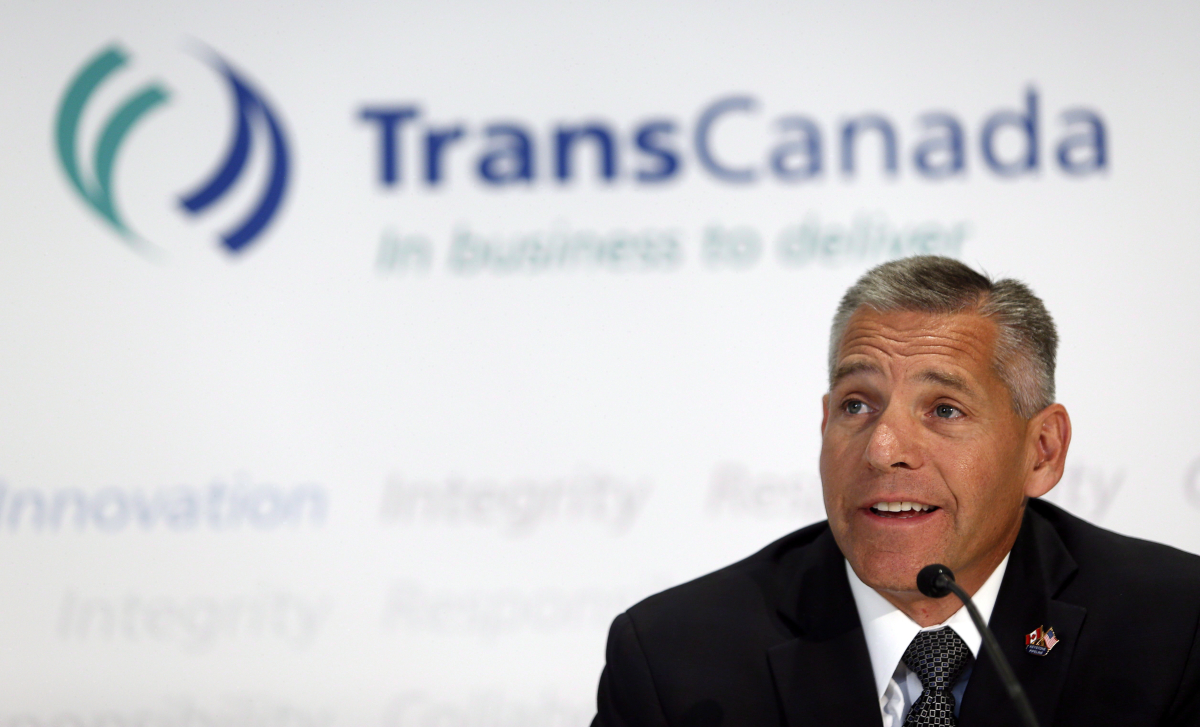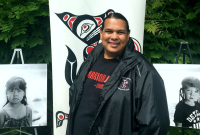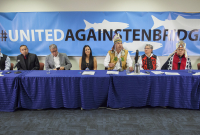Support strong Canadian climate journalism for 2025
Two First Nations in northern Ontario have launched a multimillion-dollar court challenge against TransCanada Corp. to stop work on pipelines that pass through their territory.
About 30 kilometres of Calgary-based TransCanada's Line 1 and Line 3 pipelines run through the Aroland and Ginoogaming First Nations, about 350 kilometres northeast of the Ontario city of Thunder Bay. The lawsuit announced Monday aims to expand the pipeline consultation process to include maintenance operations. The First Nations are also asking for up to $60 million in damages.
“The First Nations people are not saying yes to this; they’re not saying no, either," Raymond Ferris, a spokesperson for the Aroland First Nation who works on resource development in the community, said in an interview. "They just want to make an informed decision about what’s happening on their land.”
A TransCanada spokesperson responding to the court challenge said the work is routine, and that the lawsuit is “challenging our ability to carry out planned and required maintenance work to ensure the safe and reliable service that Canadians require from TransCanada.”
“TransCanada has been safely transporting natural gas through these pipelines to heat Canadians’ homes, schools, hospitals, businesses and communities since they were approved decades ago,” spokesperson Shawn Howard told National Observer in an email statement.
Pipeline work a risk to heritage sites, First Nations say
TransCanada plans to start “integrity digs” on the pipelines in late January. That involves excavating around the pipelines to visually check whether they need repair.
In the lawsuit, the First Nations are asking for an injunction that would stop the digging until more consultation is done, and name the National Energy Board and the federal government in the suit.
TransCanada's pipelines run through about 30 kilometres of the two communities, crossing boreal forest, rivers and streams that connect to James Bay, Ferris said.
The residents of his community are worried that the work will affect hunting on their land, he added, and the lawsuit alleges that the work could also damage culturally important sites such as burial grounds and interfere with the right of members of the First Nation to use the land.
“Any time there’s work being done on the lines … that has an impact on our lives. That’s an infringement on our peoples’ lives. Any time that happens, infringements must be justified,” Ferris told National Observer.
Howard said the company sought input from both communities in 2015 and 2016 before scheduling the work, but the First Nations' legal team disagrees.
First Nations concerned about hunting grounds
Kate Kempton, one of the lawyers acting for the two First Nations communities in the lawsuit, said that TransCanada and the National Energy Board hadn't adequately consulted with her clients when the pipelines were originally built in 1958 and 1995.
“That’s part of making sure that aboriginal rights are not unjustly infringed, and that hasn’t been done,” Kempton told The Canadian Press.
“Back then when it was first built, if our people could have seen what was going to happen, they may have had some remedies back then – but we didn't have those kind of laws back then to protect our rights,” Ferris added.
The lawsuit also questions whether the digging is being done to prepare the pipelines for the controversial Energy East project, which, if approved and constructed, would ship more than one million barrels of oil per day from Alberta to refineries and ports Eastern Canada.
Howard of TransCanada denied the allegation and said that the proposed work in the Aroland and Ginoogaming First Nations involves two pipelines that will not be a part of Energy East.
The communities are asking for $40 million in damages and another $20 million if the proposed work is allowed.
“The desired outcome would be that the parties would sit at a table and negotiate how First Nations would be involved, meaningfully,” Ferris said.
An NEB spokesperson said the board would not comment on the case while the matter was in court, but said in an emailed statement that in general, "impacted stakeholders ... must be given an opportunity to express concerns and to have the company address them prior to any work being conducted."
The injunction hearing will be heard on Jan. 25 in the Ontario Superior Court in Toronto.
— with files from Canadian Press






Comments